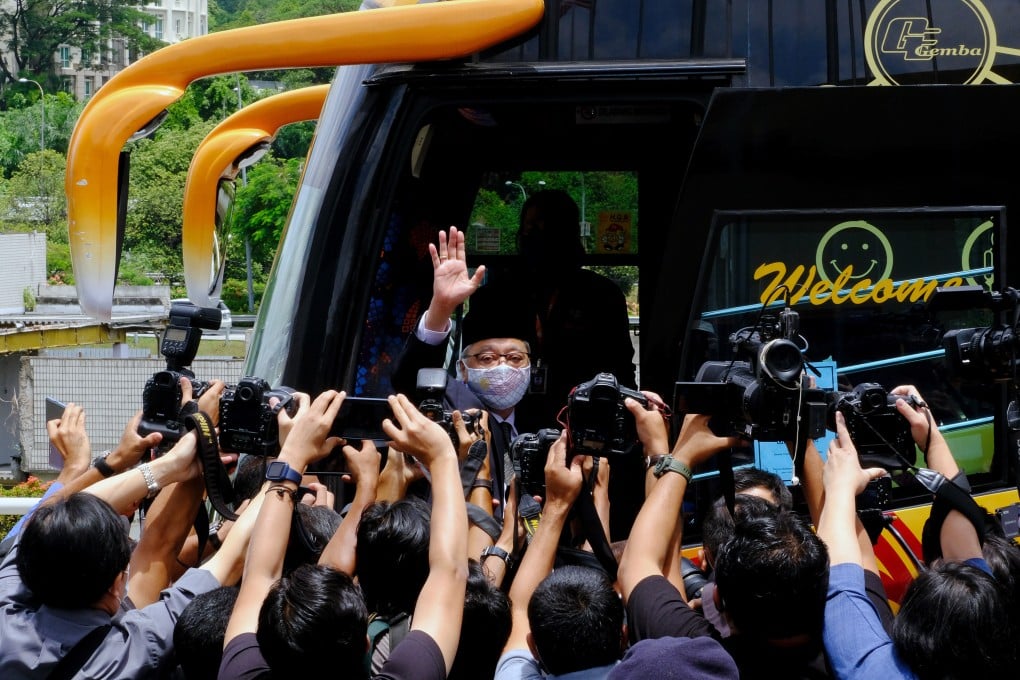Malaysia’s political ceasefire shows early signs of promise. How long will it last?
- Under a new pact PM Ismail Sabri Yaakob will introduce term limits and restructure parliament in return for the opposition Pakatan Harapan offering support for the 2022 budget
- The aim is to provide the government breathing space as it navigates the Covid-19 crisis. The early signs are good, experts say, but the PM shouldn’t expect a ‘free ride’

Nonetheless, whether Monday’s signing of the so-called “Political Transformation and Stability” pact heralds an end to the country’s rollercoaster-style politics will depend on the actions of both sides beyond their initial peace gestures, according to the observers.
Billed as a sort of political ceasefire agreement, the pact stipulates that the 88-MP Pakatan Harapan bloc will not actively seek to trigger fresh polls before July next year, and will offer in-principle support for key measures such as the upcoming 2022 budget.
In exchange, Ismail Sabri has promised a slew of policy changes such as a prime ministerial term limit and a restructuring of parliament – moves that are central to the reform-minded Pakatan Harapan’s policy platform.
While the agreement is not a binding confidence and supply agreement, it is likely to give Ismail Sabri – the country’s third prime minister in three years – some breathing room to steer the country out of a Covid-19 crisis that has claimed over 20,000 lives and battered the economy.
The government, backed by 114 MPs, has moved quickly to underscore that this bipartisanship is not just empty talk.
